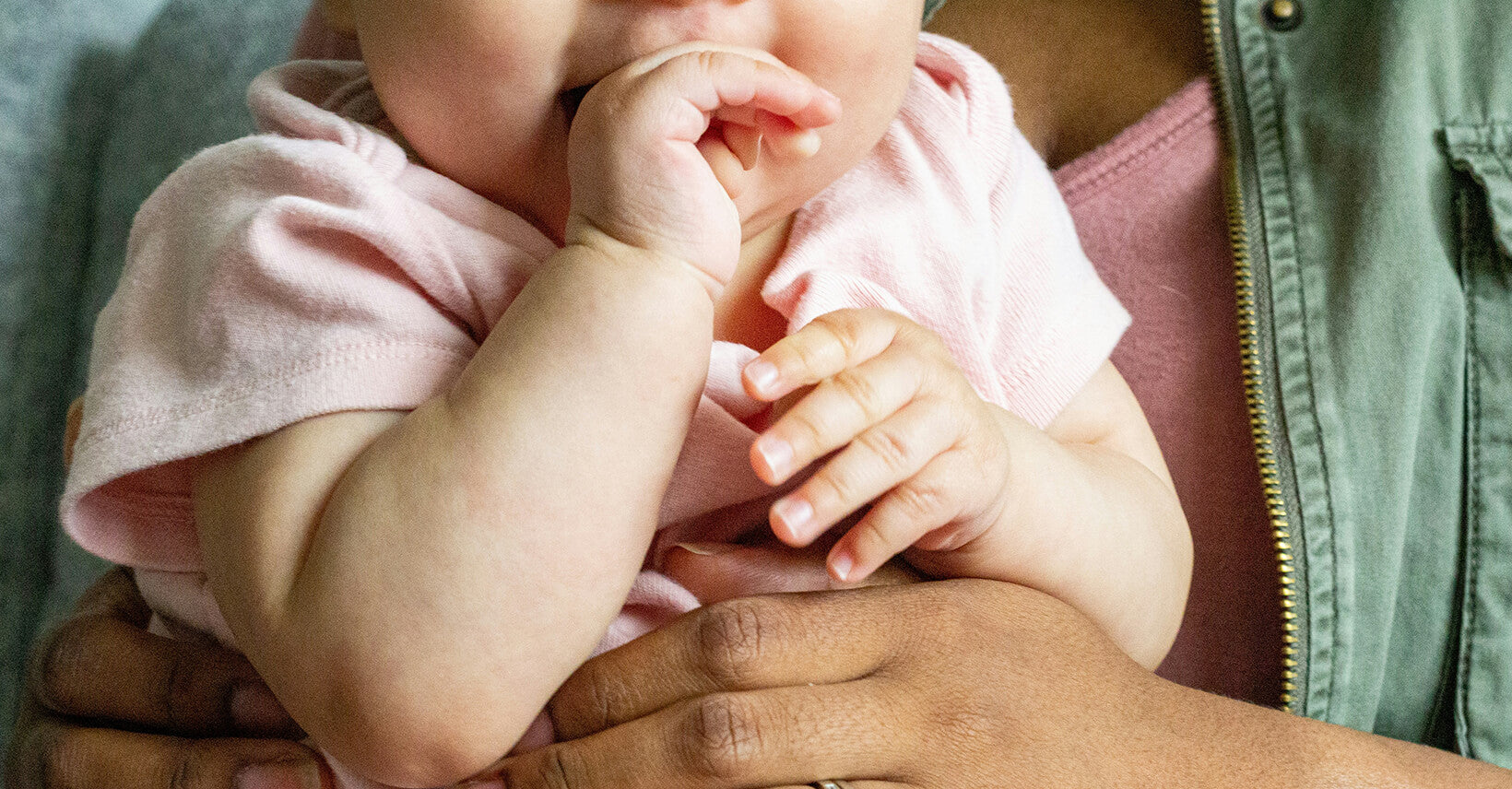
Toddler Sleep Regression
Toddler sleep regression is a stage that many parents often meet as their toddlers transition from infancy to toddlerhood. During this time, a toddler's sleep patterns may become disrupted. Both parent and toddler will feel depressed.
These sleep regressions usually occur around 12 months to 3 years of age. Toddlers may have difficulty falling asleep, frequent nighttime awakenings, or shortened naps. But don't need to be too worried, strategies can help parents and toddlers to get through this phase.
- What is sleep regression for a toddler?
- What are common ages for toddler sleep regressions?
- What causes toddler sleep regression?
- How long does the sleep regression last?
- How to help your toddlers get through sleep regression?
- Conclusion
What is sleep regression for a toddler?
Toddler sleep regression refers to a period when a toddler's sleep habits seem to regress.
During this stage, your little one may have trouble settling down at bedtime, wake up more often during the night, or take shorter naps. Toddler sleep regression usually happens between the ages of 12 months and 3 years. Sleep regression can be difficult for both parents and toddlers, but no need to worry too much, this is a normal part of development. Parents need to understand the causes and get some strategies, which can help their toddlers get through this challenging time and establish healthy sleep habits.
What are common ages for toddler sleep regressions?
The most common age for sleep regression in toddlers is usually between 12 months and 3 years of age. The duration of sleep regressions varies from toddler to toddler.
What causes toddler sleep regression?
Before helping toddlers to get through sleep regression, parents should know what causes toddler sleep regression:
Growth spurts:
Babies have growth spurts at different stages of development. These periods of rapid physical growth may disrupt their sleep.
Separation anxiety:
Toddlers tend to become attached to familiar surroundings, which can cause them to experience separation anxiety, especially at bedtime. The fear of leaving parents can make toddlers have difficulty falling asleep or cause an increase in nighttime awakenings.
Overstimulation:
Toddlers keep exploring their surrounding environment and learning new things, which can sometimes lead to overstimulation, especially at night. Too much excitement or activities near bedtime can make it harder for toddlers to relax and fall asleep.
Changeable routine:
Toddlers need a stable bedtime routine, and changeable routines can disrupt their sleep patterns. These changeable routines can include changes to mealtimes, nap times bedtime routines, etc. which can confuse toddlers when is the time to go to sleep.
Illness or discomfort:
When a toddler is sick or feeling discomfort (such as painful teething or digestive issues), it can make it not easy to sleep peacefully. Discomfort from allergies or ear infections can also make it difficult for them to fall and stay asleep comfortably.

How long does the sleep regression last?
The duration of sleep regression varies from toddler to toddler. On average, it lasts between 2 and 6 weeks.
However, some toddlers' sleep regression lasts for a shorter period, perhaps just a few days, while others may struggle with sleep regression for months.
It's important for parents to remain patient during this time, below I will advise some tips on how to get your toddler through the sleep regression.
How to help your toddlers get through sleep regression?
Here are some techniques to help toddlers get through sleep regression:
Stick to a bedtime routine:
Establishing a calm bedtime routine can tell toddlers that it's time to relax and get ready for bed. Bedtime routines can include reading a book, taking a warm bath, or listening to soft music.
Stay a daily routine:
It is important to help toddlers stay in the same daily routine to get through a sleep regression. Sticking to a consistent bedtime and wake-up time, as well as a nap schedule, can help regulate toddlers’ sleep patterns. Consistency makes toddlers feel more secure and confident in their sleep habits.
Create a sleep environment:
Make sure your toddler's sleep environment is comfortable and suitable for sleep. Keeping the room dark, quiet, and at a comfortable temperature. Consider using a white noise machine or blackout curtains to help keep toddlers from all distractions.
Have a sleep sack:
Sleep sacks can provide toddlers with a sense of comfort and security at night to help them through sleep regression. The sleep sack can help some toddlers settle more easily at bedtime. Additionally, sleep sacks help keep toddlers warm and cozy throughout the night, which can help improve sleep quality.
Train toddlers to self-soothe:
During sleep regression, babies may become dependent on some comforting behaviors from their parents when they have difficulty falling asleep, such as sometimes parents may rock or breastfeed toddlers to help them sleep. But parents should try to avoid making their toddlers dependent. Parents should help toddlers to learn how to self-soothe and fall asleep on their own. Every toddler needs to acquire independent sleep skills.
Conclusion
In conclusion, sleep regression in toddlers is a common stage that many toddlers may go through as they grow and develop. Sleep regression can be challenging for both parents and toddlers. But don't need to worry too much.
Sleep regression is a normal part of a baby's growing up and is usually temporary. Parents need to learn causes and how to use strategies, then they can patiently help their toddlers through the sleep regression.

Yujia Shi
An expert in sleep sack design, is a valued contributor to Kaiya Baby's blog. With a strong background in baby sleep bags and maternal care, she is highly regarded for her professionalism. Yujia Shi prioritizes baby comfort and safety in her designs, using high-quality materials. Her insightful articles on sleep bags have been featured in reputable publications and have gained a significant readership. Trust Yujia Shi to help you create a comfortable and safe sleep environment for your baby, backed by her proven track record in the industry.



Leave a comment
This site is protected by reCAPTCHA and the Google Privacy Policy and Terms of Service apply.